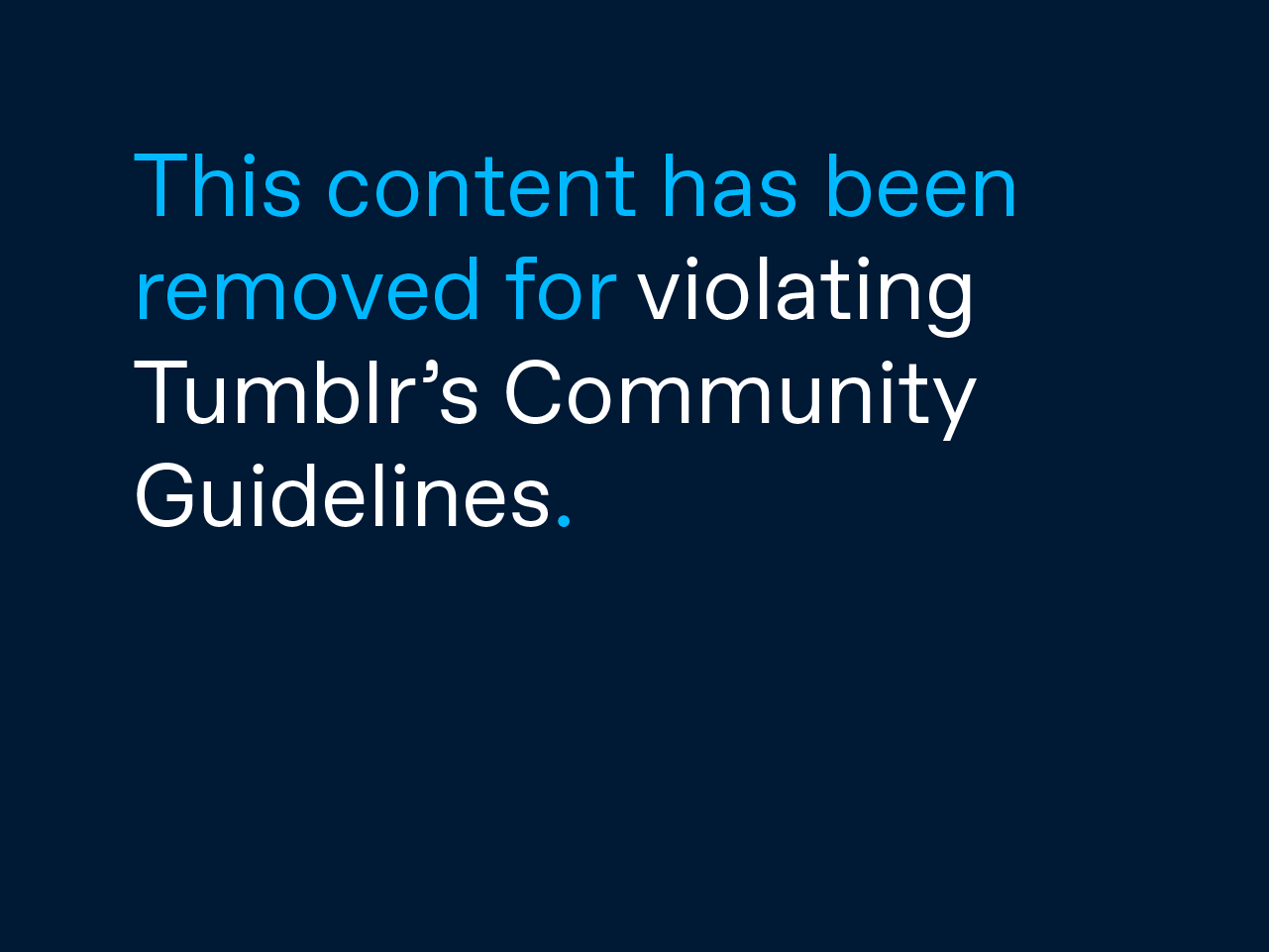Lips; all you should know
Lips do have a layer of "skin" (stratum corneum) like the face, but it is exceptionally thin and transparent, barely covering the vulnerable mucous membrane underneath. In fact, the reddish color of the lips comes from the concentration and proximity to the surface of blood vessels and the ultra-thin, transparent layer of skin which allows the color to come through vividly.
Have you ever wondered why lips can turn blue in the winter? It's because in extremely cold weather or when body temperature drops, blood vessels in the lips shut down, becoming poorly oxygenated, making the lips look blue as a result. Lips also have minimal to no sebaceous glands and zero sweat glands. Water loss on the lips is three to ten times higher than other parts of the face or body! These physiological facts combined with climate changes (winter dryness, living in an arid climate), all contribute to making dry lips a recurring, persistent problem.
Sneaky Causes of Chapped Lips
When lips become dry (especially for men, who don't wear lipstick), we tend to repetitively lick them in a futile attempt to restore moisture. Even though licking your lips may, for a few seconds, make them feel better, it is actually making matters worse! Your tongue transfers saliva from your mouth to your lips which actually eats away and destroys the thin layer of skin covering the lips. This can easily become a vicious cycle leading to painful, cracked, sore lips. Whatever it takes, do your best to avoid licking your lips when they begin feeling dry.
One of the major causes of dry lips is sun damage which can occur even when it’s cloudy and you're not in bright sunlight. That means during the day a well formulated emollient lip balm, lip gloss, or of greater with the UVA protecting ingredients of titanium dioxide, zinc oxide, or avobenzone (butylmethoxydibenzoylmethane) is vital. As with any sunscreen, reapply at regular intervals during long periods of time outdoors.
Here are some other lesser-known factors that can cause dry, chapped lips:
- Using matte lipsticks or long-wearing lip paints (especially in arid or cold climates).
- Using lip plumpers that contain irritants such as capsicum (pepper), menthol, menthoxypropanediol, ginger, or mint oils, all of which cause irritation.
- Vitamin B2 deficiency, which in addition to chapping can cause persistent cracks in skin at the sides of the mouth.
- Niacin or vitamin B6 deficiencies can also cause persistent cracks along the side of the mouth.
- Yeast infections, which must be treated with prescription oral medication.
- Excessive vitamin A intake (above 25,000 IU) from oral supplements.
- The anti-acne drug isotretinoin (formerly Accutane) is notorious for causing severely dry lips.
How to Treat Chapped Lips
The best thing you can do to treat and prevent chapped lips is keep your lips covered with an or gloss! You can restore dry lips with consistency and patience. But chapped lips are not going to disappear in a day, and missing even one day of treatment can drive lips back to dryness.
When chapping is severe or if you notice flaking along with a dry feeling, using a prior to applying lip balm is a great idea. The scrub quickly removes dead, dry, flaky skin and leaves a smooth surface for lip balm application. If you haven't tried a well formulated lip scrub, prepared to be surprised at the results!
A night, as part of your before-bedtime skin-care routine, apply an or clear thick gloss to your lips. Watch out for lip products that contain skin irritants such as menthol, camphor, peppermint, or citrus or those that are highly fragranced. These ingredients have no benefit for the lips and end up compounding the problem. The classic example that's sold almost everywhere is Carmex Lip Balm. This contains potent irritants that will have you reaching for more Carmex as your lips become drier, perhaps never realizing that it's the lip balm itself that's contributing to the problem.
Bottom line: Never letting your lips be "naked" can actually keep your lips in beautiful shape regardless of the weather.
Addicted to Lip Balm?
You may have heard a rumor that lips can adapt to or become addicted to lip balm. It isn’t possible. But if the lip balm you're using contains irritating ingredients (and lots of them do) or is poorly formulated, lacking beneficial oils, emollients, and repairing ingredients, your lips will remain dry. Even if a lip balm is otherwise beautifully formulated, if it contains irritating, drying ingredients, there is no way the beneficial ingredients can be of significant help. Lip balms that are mostly wax (like the Chapstick brand) aren't nearly as helpful or effective as lip balms that blend waxes with oils, proven emollients, and antioxidants for repair.
Xo
D









Post a Comment
Your comments keeps me going...
I love to hear from you, read your comments and I would love to check up on you and bond as well, so drop your info.
Thanks for stopping by.
You can Email your other enquiries to Makodesola@gmail.com
x